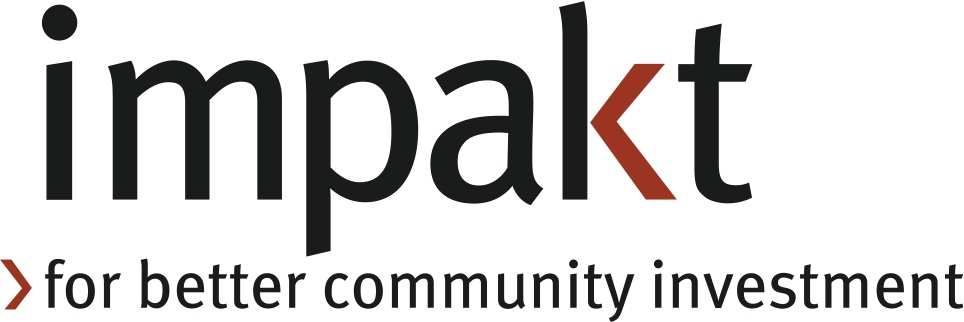Raising the CSR Bar
The June issue of Maclean’s magazine feartures the Top 50 Socially Responsible Corporations in Canada. I went through the list to find the most innovative best practices among the top 20. I looked for initiatives that are unusually innovative, notable because of their scale and impact, or remarkable because of the industry sector. Here’s what I found:
Ballard Power Systems: During the 2010 Winter Olympics, Ballard was part of a consortium that provided zero-emission fuel-cell buses in Whistler, B.C., the world’s largest deployment of green buses
BMO: Introduced BMO SmartSteps, a program designed to teach customers to save, and a support program to help those most severely affected by the economic downturn.
Cascades Inc.: To enhance transparency and sustainability, the company launched an online public survey and direct consultations with employees, managers, communities, investors, suppliers and NGOs on issues such as responsible procurement, governance and impact on communities and the environment.
Catalyst Paper: The first company to manufacture mass-market carbon-neutral paper—Catalyst Cooled papers are produced with no net greenhouse gas emissions.
CIBC: Members of CIBC’s senior executive team have a target in their performance scorecard to maintain or improve diversity representation at the bank.
Dell: The first major computer manufacturer to ban the export of any e-waste to developing countries.
Enbridge Inc.:Generates power for 1,750 homes from an innovative hybrid fuel cell that converts otherwise wasted pipeline energy into electricity.
Hewlett-Packard Company: The company’s Central Nervous System for the Earth (CeNSE) initiative gathers real-time data on environmental, biological and structural shifts, which allows for improved infrastructure planning and advanced warning of natural disasters.
IBM Corp: IBM’s “World Community Grid” connects people who donate their idle computer time to create a global research grid. The network is used to compute biological, environmental and health-related data on behalf of organizations that are unable to access large-scale research infrastructure.
ING Group: As of 2010, executive compensation will be explicitly tied to environmental, social and governance performance targets.
Loblaw Companies Ltd: Four stores are involved in a solar-panel pilot project. If successful, the company will increase rooftop installations at stores across Ontario. Energy generated will power surrounding communities, as part of the province’s Feed-in Tariff Program of the Green Energy Act.
McDonald’s Corp: Published a “2010 Best of Sustainable Supply” compendium featuring 50 case studies highlighting best practices across its supply chain. By featuring the most innovative solutions to environmental, labour and animal welfare issues among its suppliers, McDonald’s hopes to drive progress within its industry.
Nike Inc: At the 2010 FIFA World Cup, Nike teams will be wearing jerseys made from 100 per cent discarded bottles sourced from landfills. Each recycled polyester jersey is produced from up to eight recycled plastic bottles.
Noika: “Nokia Life Tools,” developed with the Indian government and local enterprises, uses mobile phones to facilitate access to information and education for Indians without Internet access.
Oracle Corp: The Oracle Education Foundation sponsors ThinkQuest, a free, online, multi-subject learning platform that reaches more than 400,000 students in 43 countries every year.
RBC: Actively recruits new immigrants, Aboriginals, gays and lesbians, and people with disabilities. Has clear goals for increasing workforce diversity, especially among senior executives
Starbucks Corporation: In partnership with Conservation International, Starbucks piloted a forest conservation program where it engaged with 29 coffee-growing communities in Indonesia and Mexico to promote farming practices that reduce carbon emissions.
Suncor: Has developed a process to accelerate the reclamation of its unsightly oil sands tailings ponds, and is expected to be the only oil sands mining company to meet Alberta’s new requirements for the regulation of tailings operations.
Xerox Corp: A life-cycle assessment of the new ColorQube high-speed solid ink printer shows that the device generates 90 per cent less waste, uses nine per cent less energy and produces 10 per cent fewer greenhouse gases than comparable laser devices.
Impakt was founded in 2001 by Paul Klein, an authority on corporate responsibility and community investment who is a guest lecturer of marketing at York University, writes a blog about corporate responsibility for Canadian Business Magazine, sits on the Advisory Board of the Centre for Corporate Social Responsibility at the Queen's School of Business, and has written numerous articles on the subject for publications in Canada and the United States.

